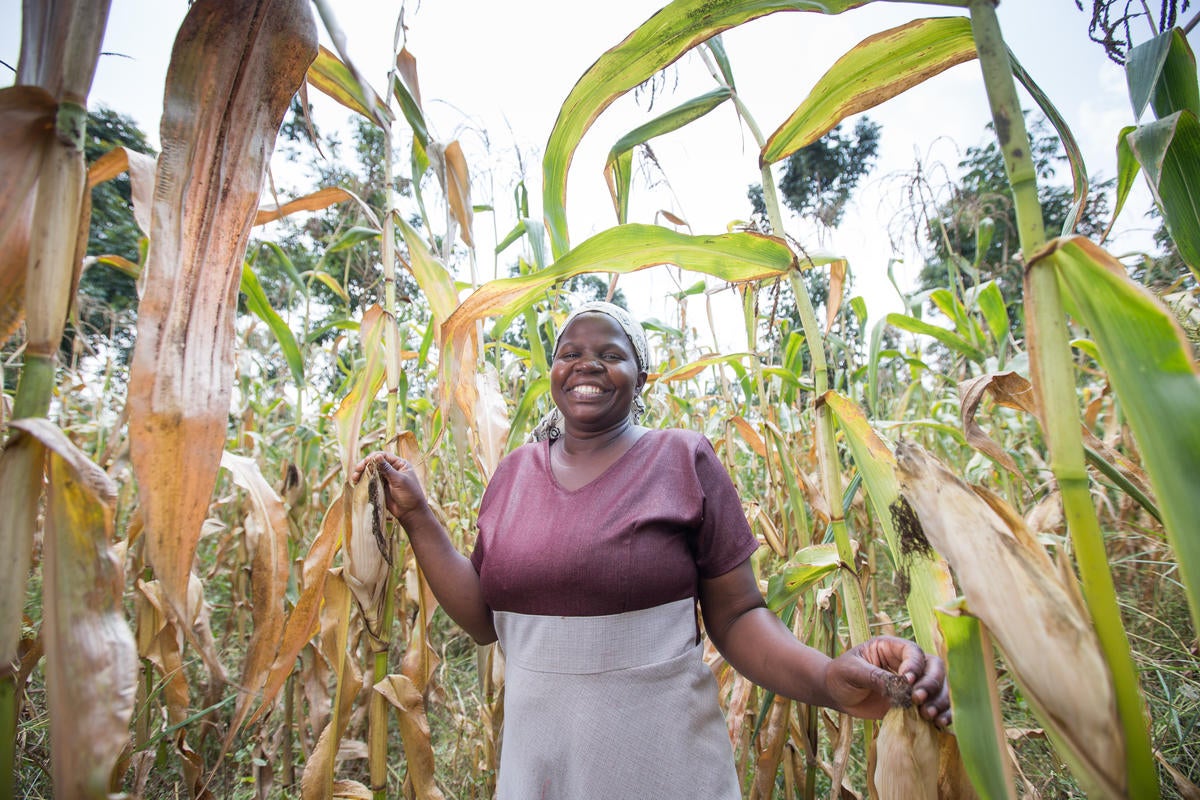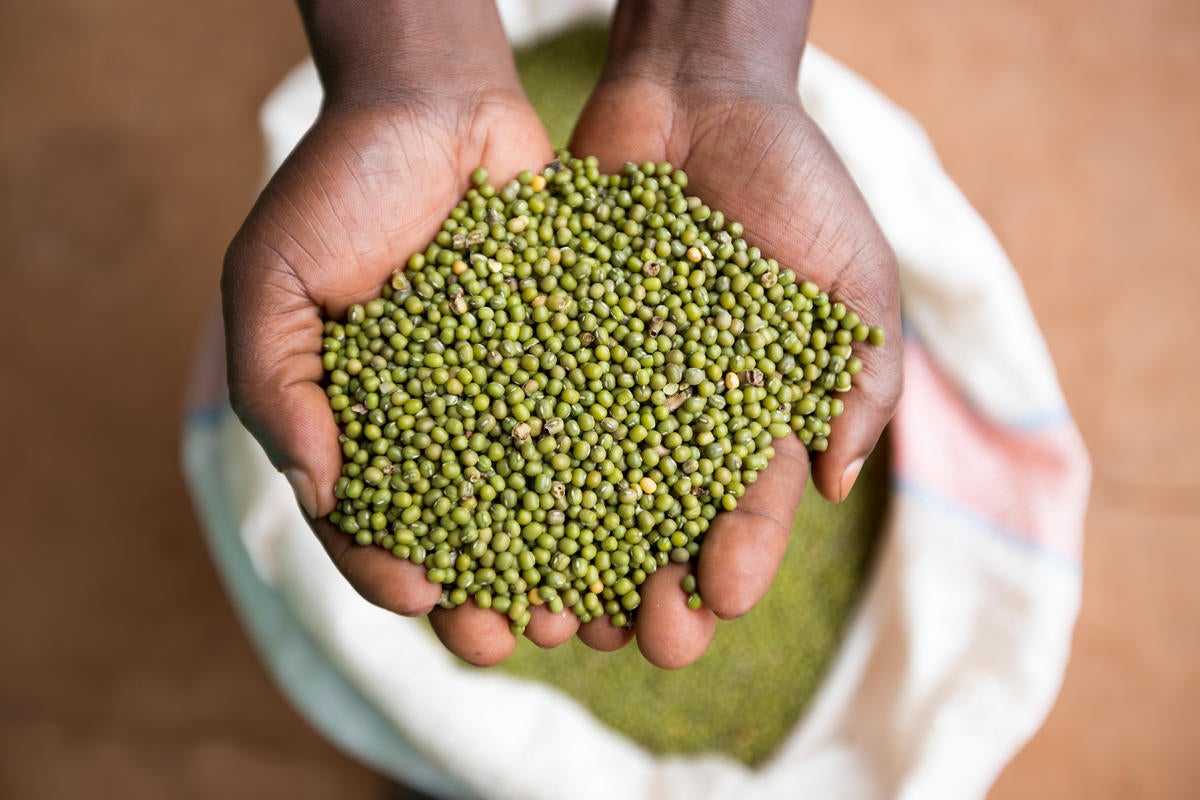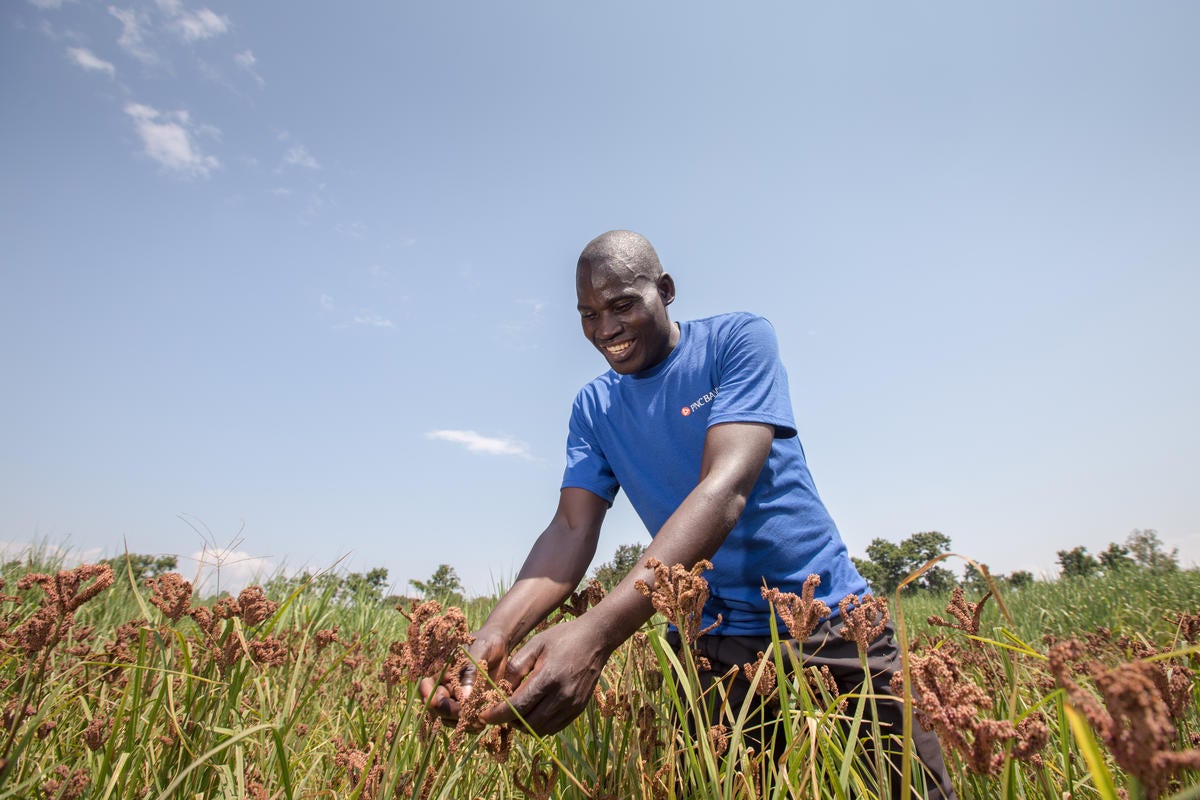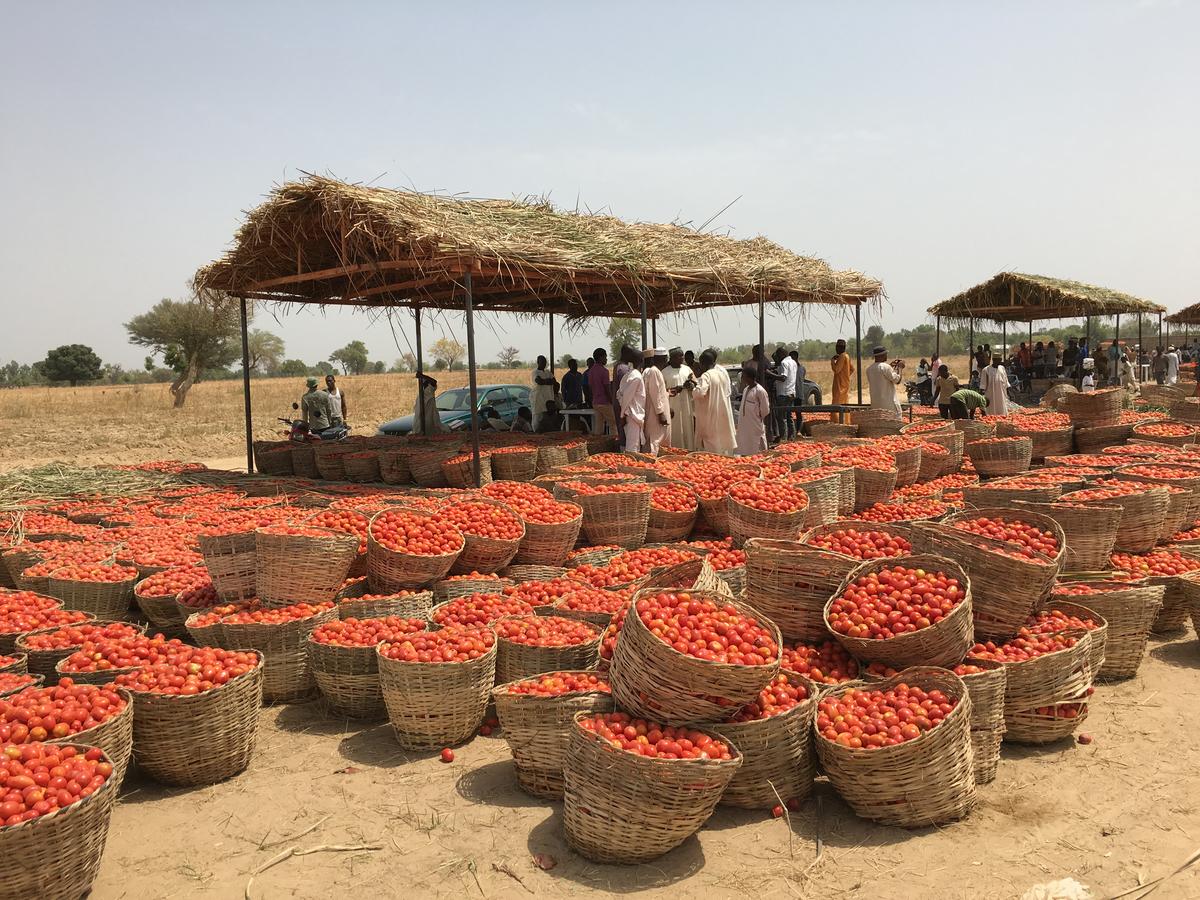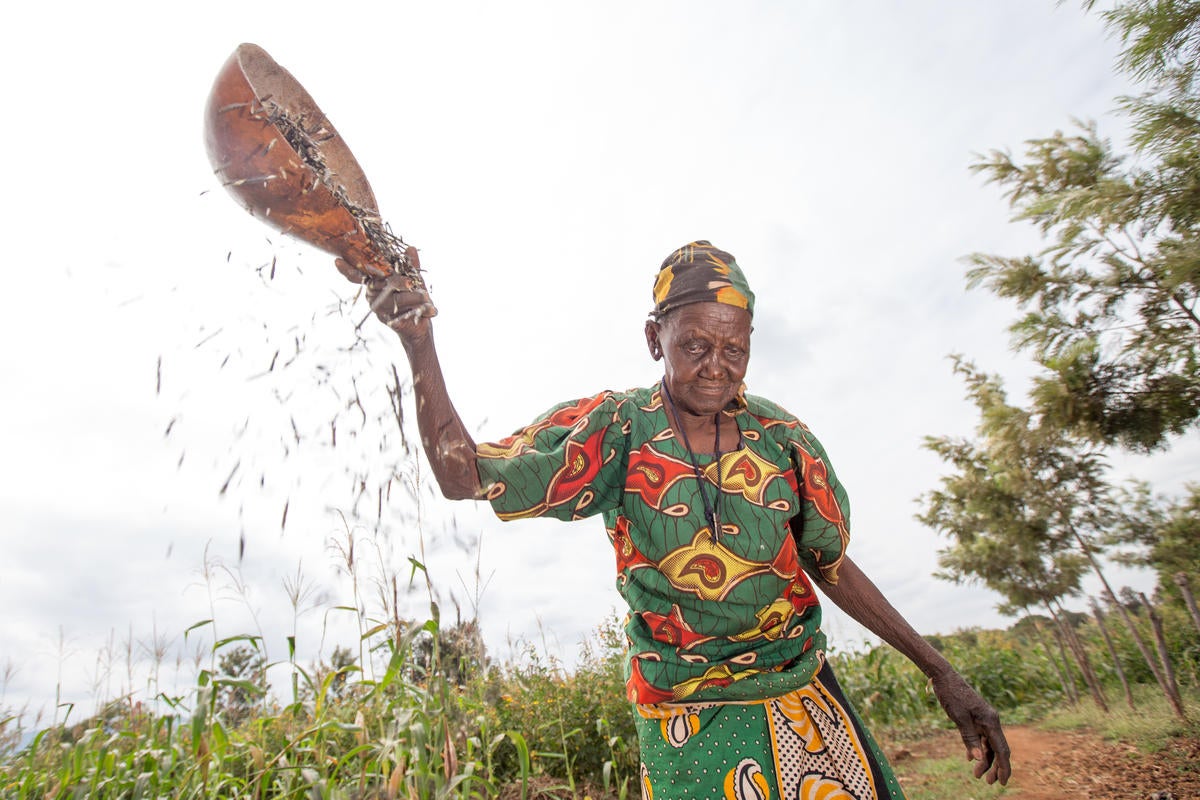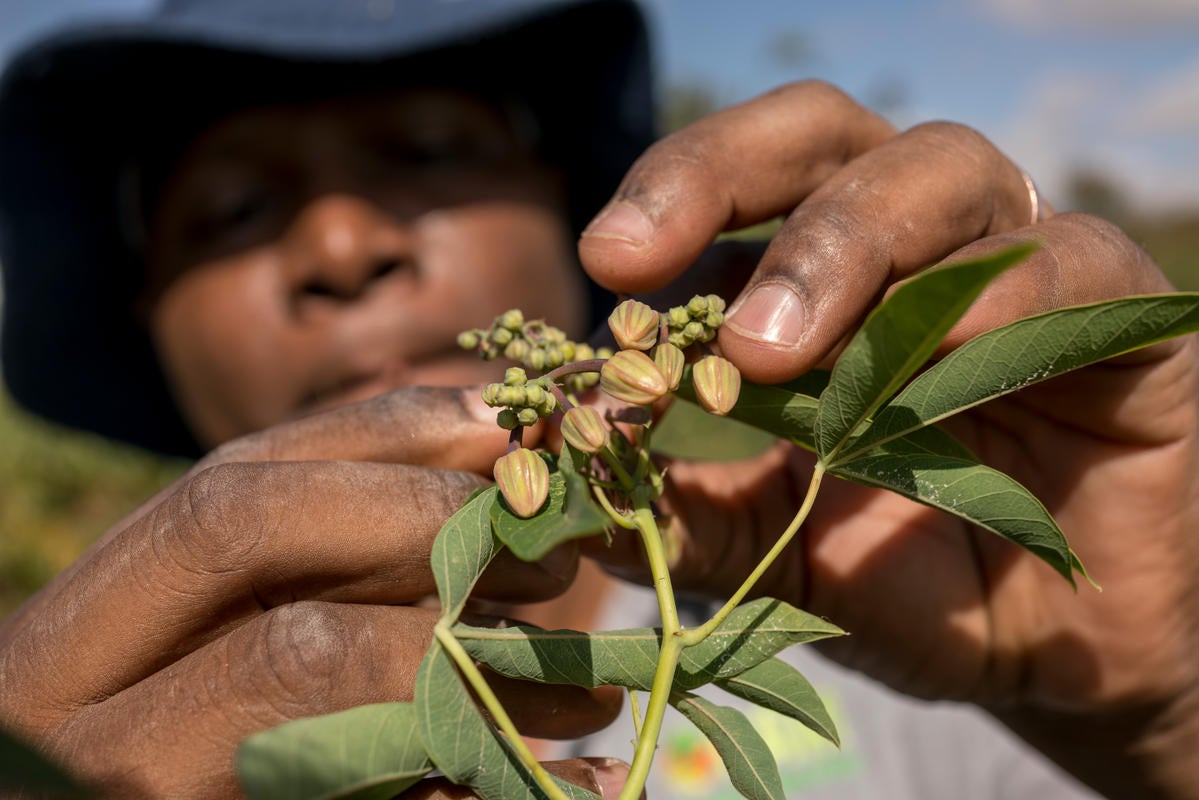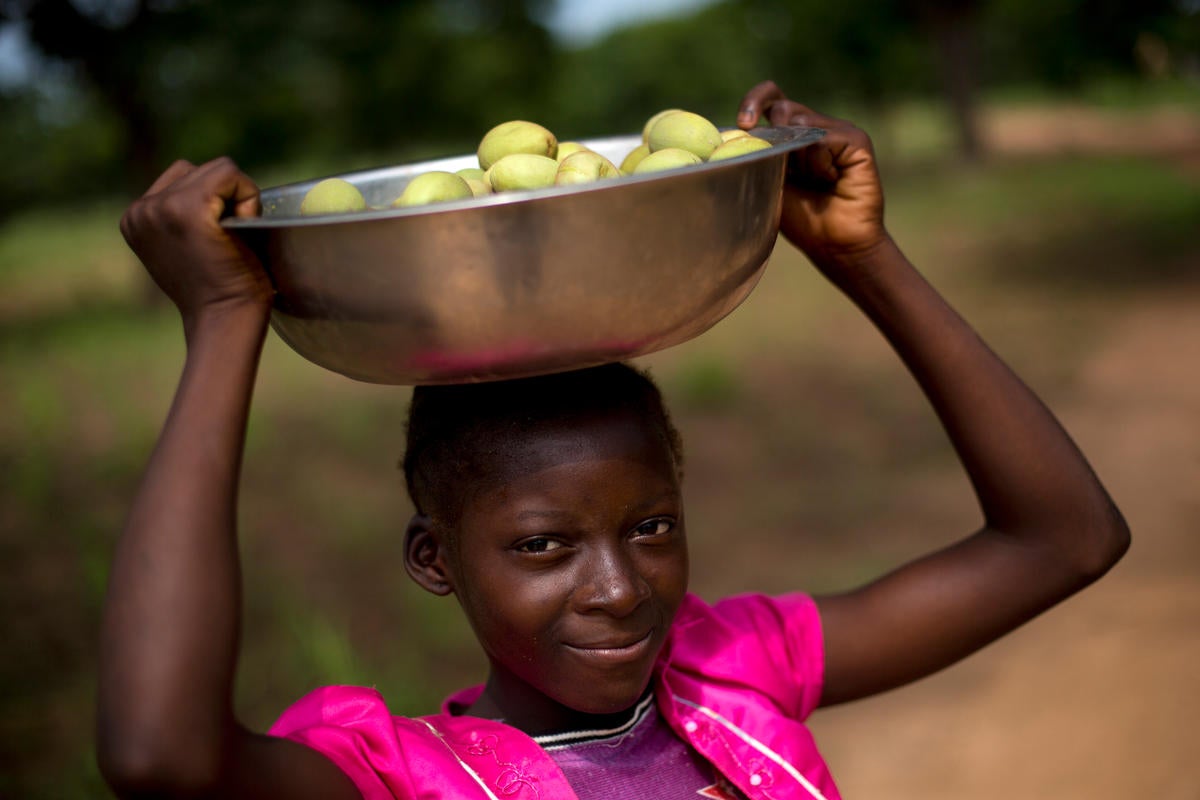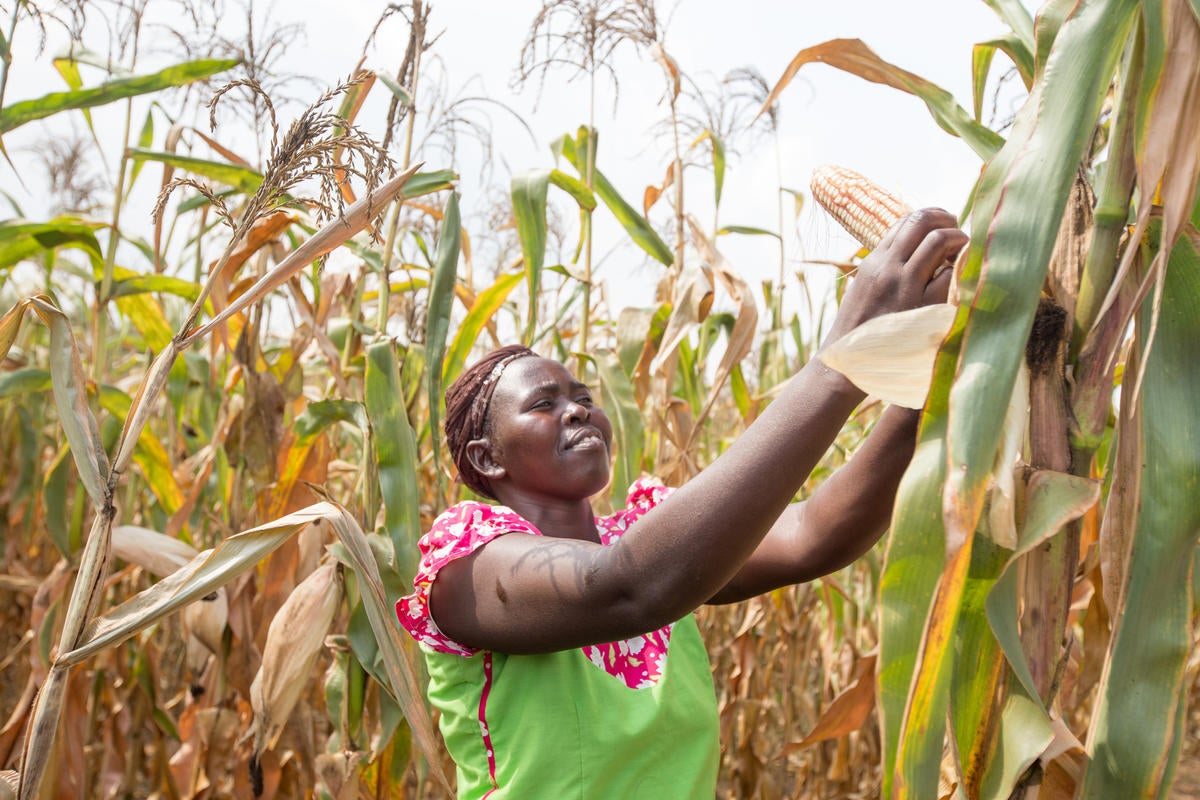Since the establishment of the Rockefeller Foundation’s Africa Regional Office in 1966, the Foundation has forged strong ties with African governments, academic institutions and pan-African entities. Such key partnerships have allowed the Foundation to support capacity and institution building on the continent through a post-doctoral fellows program (RockyDocs) and seeding of regional entities including African Risk Capacity (ARC) and the Alliance for a Green Revolution in Africa (AGRA).
With roughly one third of our resources going to Africa, our regional office plays a critical role in executing and ensuring the integration of the Foundation’s Food, Energy and Health strategies. Similarly, the regional office leads advocacy efforts to promote progressive policies and catalyze investments geared towards Africa’s growth and prosperity.
Regional Initiatives at a Glance
- Achieving Health for All
Health
At The Rockefeller Foundation, we envision a world in which every community health system is equipped to apply data-driven decisions to predict and prevent disease, illness, and death before they occur. In Uganda, we are working with in-country partners to end preventable maternal and child deaths, manage against health risks, and achieve health for all through a Precision Public Health approach that optimizes data-driven community health delivery. - Nourish the World
Food
Our East Africa food initiative focuses on improving the urban poor’s access to foods that protect against lifestyle diseases such as cancer, diabetes and cardiovascular disease. By working across various value chains in East Africa we aim to ensure that protective foods are not only affordable but also safe and produced in a manner that promotes planetary health. - End Energy Poverty
Power
It is estimated that by 2030, 650 million people will lack access to electricity – the vast majority of them in Africa. Through the Smart Power Africa facility, our focus is on scaling access to safe, reliable, and renewable energy in Sub-Saharan Africa. Central to this effort is the development of large-scale, innovative partnerships that break down the silos between traditional utilities and disruptive mini-grid technologies, to address last-mile electrification.
Recent Updates
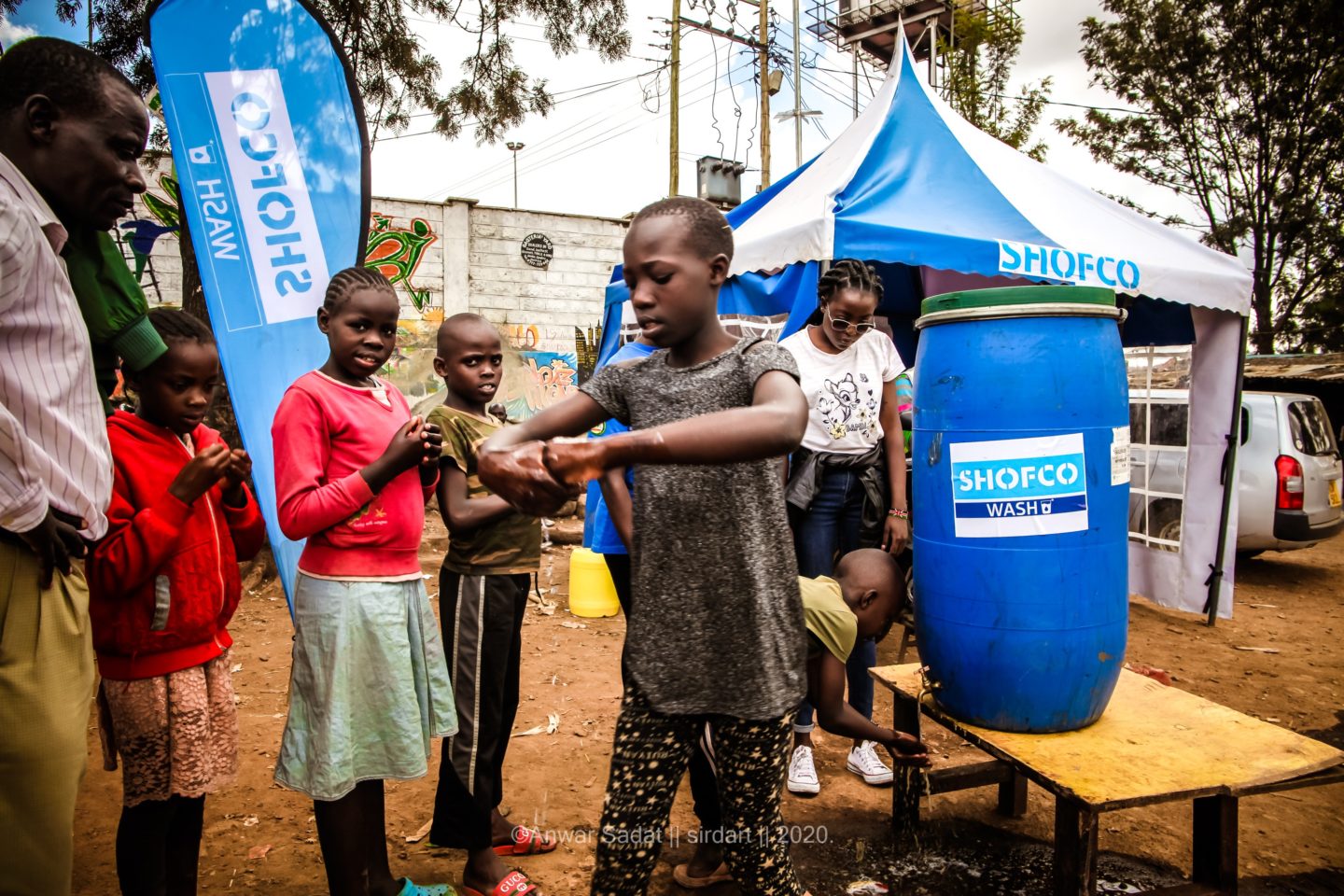
Protecting Kenya’s Slums
How to Protect Densely Populated Slums from Covid-19 Hand-washing is a challenge and social distancing impossible in the Nairobi shantytown of Kibera, the largest urban slum in Africa. Often, eight people or more live in 12-feet-by-12-feet shacks with tin roofs. Homes do not have running water. Sporadically placed public latrines are shared by […]
More